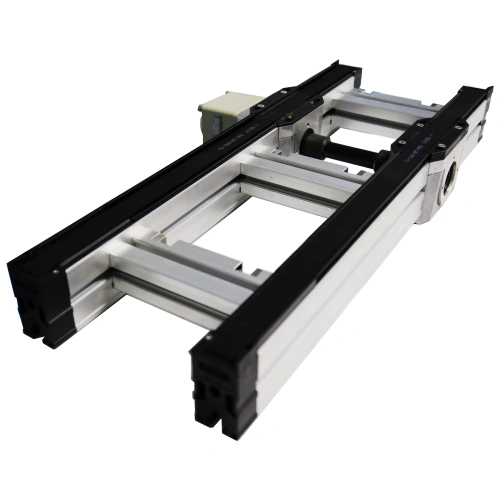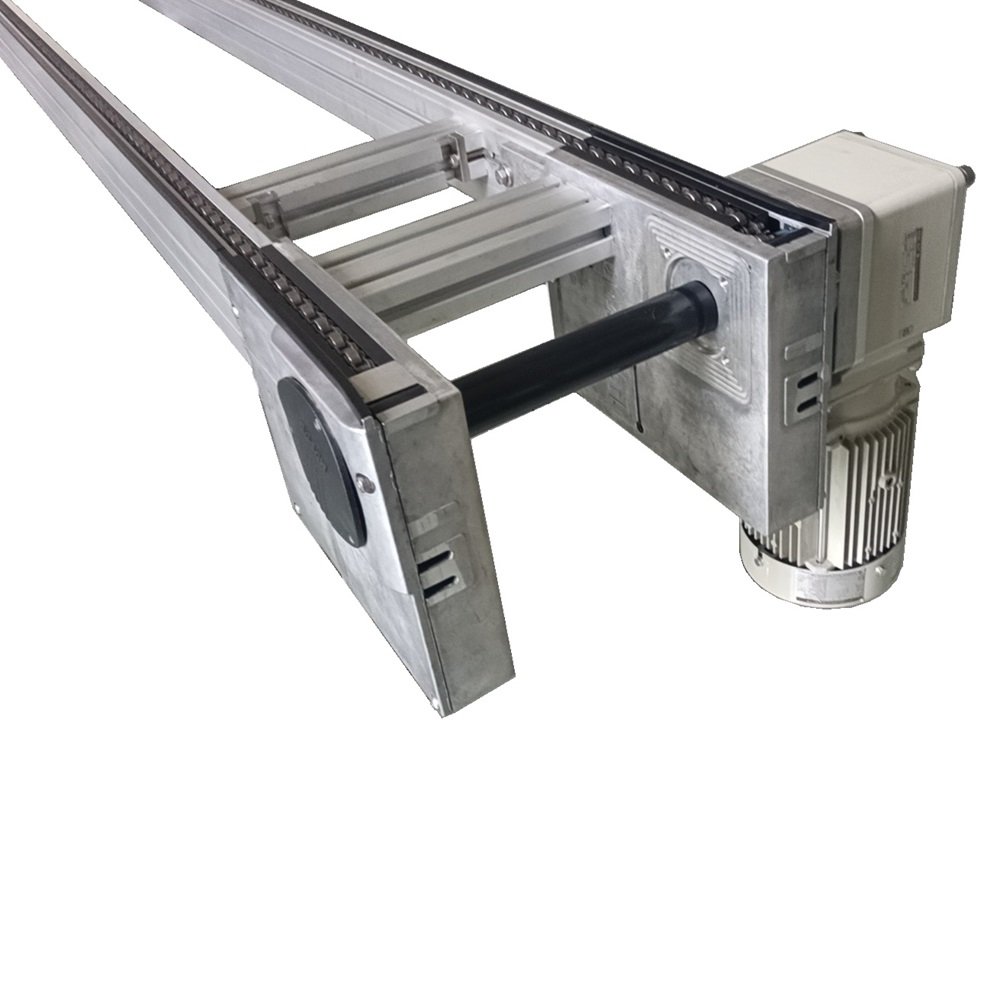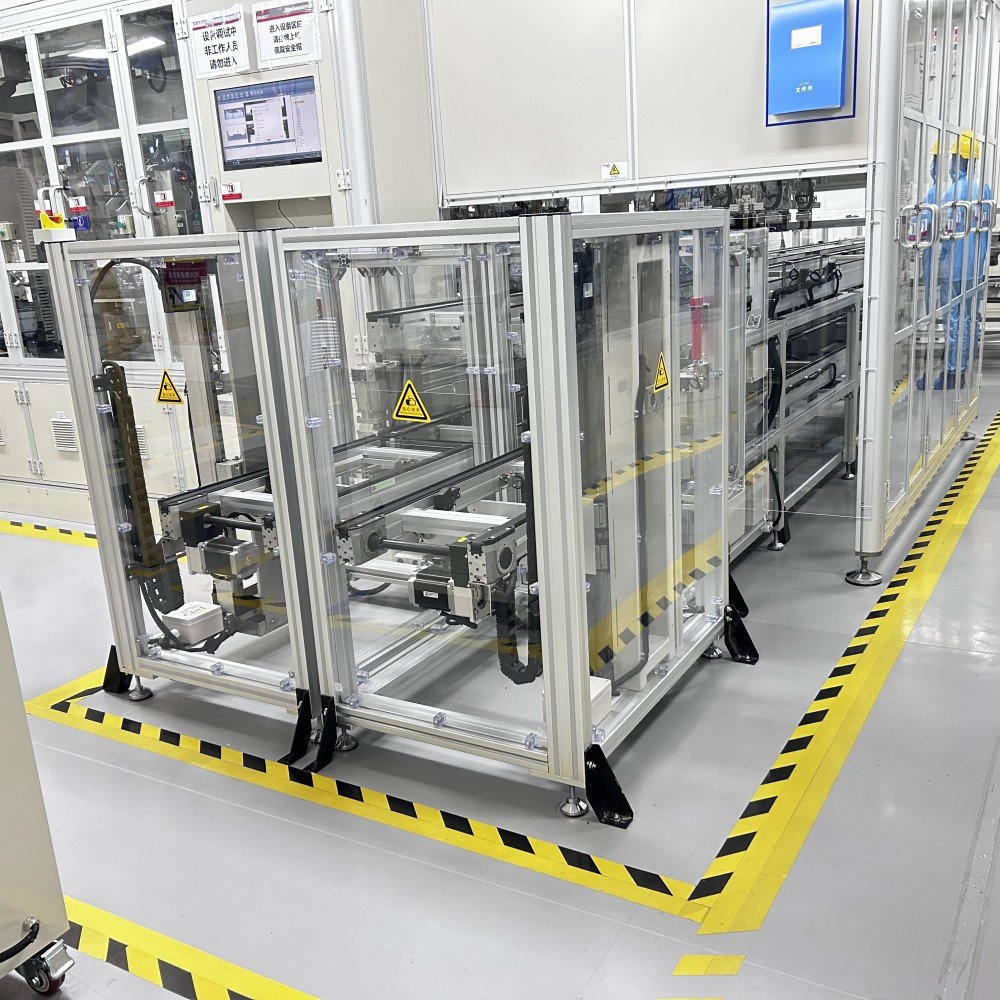The demand for 컨베이어 벨트 continues to grow as industries increasingly adopt automation for enhanced efficiency. Whether you’re in manufacturing, warehousing, or packaging, conveyor belts are essential components in streamlining operations. But how much do they actually cost in 2024?
In this detailed guide, we’ll break down the factors affecting conveyor belt costs, provide price ranges, and offer insights into choosing the right system for your needs.

Table of Contents
- Introduction to Conveyor Belt Systems
- Factors Affecting Conveyor Belt Costs
- Price Range of Conveyor Belts in 2024
- Common Types of Conveyor Belts
- Why Choose Vitrans for Your Conveyor Needs?
- Tips for Choosing the Right Conveyor System
- 결론
- FAQs
Introduction to Conveyor Belt Systems
Conveyor belts are an integral part of modern industrial processes. They facilitate the smooth transfer of materials, improving productivity and reducing manual labor. From small-scale production units to large industrial assembly lines, conveyor belts come in various sizes and configurations to suit different needs.
Factors Affecting Conveyor Belt Costs
Several factors influence the cost of a conveyor belt system, including:
1. Type of Conveyor
The type of conveyor system you choose significantly impacts its cost. Systems designed for heavy-duty or specialized tasks tend to be more expensive.
2. Belt Material
Materials like PVC, rubber, and stainless steel are commonly used for conveyor belts. Each material offers distinct benefits and price points.
3. Length and Width
The dimensions of the conveyor belt affect its overall cost. Longer and wider belts require more materials and support systems, increasing the price.
4. Customization Options
Customized conveyor belts tailored to specific operational needs, such as adjustable speeds or integrated sensors, often come with higher costs.
5. Installation and Maintenance
The cost of installation and ongoing maintenance should also be factored in, as these can vary depending on the complexity of the system.
Price Range of Conveyor Belts in 2024
Here’s a general overview of conveyor belt costs in 2024:
- Standard Belt Conveyors: $1,000 – $5,000
- Heavy-Duty Belt Conveyors: $5,000 – $15,000
- Customized Conveyor Systems: $10,000 and above
- Specialized Conveyor Systems: (e.g., for food or pharmaceuticals) $20,000 and up
Note: Prices may vary depending on location, supplier, and specific requirements.
Common Types of Conveyor Belts
1. Belt Pallet Conveyor

Ideal for transporting pallets in industrial settings, the 벨트 팔레트 컨베이어 is known for its durability and efficiency.
주요 기능:
- Smooth handling of heavy loads.
- Customizable for different pallet sizes.
Price Range: $2,000 – $8,000
2. Accumulated Chain Conveyor

그리고 누적 체인 컨베이어 is perfect for assembly lines where products need to be stopped or accumulated.
장점:
- Ensures smooth product flow.
- Ideal for buffering and storage.
Price Range: $3,000 – $10,000
3. Attachment Conveyor
Attachment conveyors are designed for specialized tasks, such as product labeling or sorting.
혜택:
- High customization options.
- Increases production efficiency.
Price Range: $4,000 – $12,000
4. Product Transfer Conveyor
그리고 제품 이송 컨베이어 is essential for seamless material transfer between different sections of a production line.
주요 기능:
- Suitable for a variety of industries.
- Ensures minimal product handling.
Price Range: $1,500 – $7,000
Why Choose Vitrans for Your Conveyor Needs?
Vitrans has been a leading manufacturer of pallet conveyors and pallet transfer systems for over 10 years. With a proven track record and high-quality products, Vitrans ensures:
- High-Quality Products: Verified by wide usage in various industrial automated production lines.
- Competitive Pricing: Benefiting from a rich supply chain in China.
- Short Lead Time: Quick delivery to meet your project timelines.
- Global Reach: Exporting conveyor systems to multiple countries worldwide.
Products Offered:
For inquiries, contact Vitrans today and get the best conveyor solutions at unbeatable prices!
Tips for Choosing the Right Conveyor System
Selecting the right conveyor belt system for your business involves considering several factors:
1. Understand Your Operational Needs
Determine the type and volume of materials you’ll be transporting.
2. Evaluate Space Constraints
Measure the available space to ensure the conveyor system fits seamlessly into your facility.
3. Prioritize Efficiency
Look for systems that enhance workflow and minimize manual handling.
4. Budget Wisely
Balance your needs with your budget. Keep in mind that investing in a high-quality system can save costs in the long run.
5. Seek Expert Advice
Consult with reputable manufacturers like Vitrans to find a system that aligns with your requirements.
결론
Conveyor belts are essential for optimizing industrial operations. Understanding the factors that affect their cost and choosing the right system can significantly enhance your productivity. By partnering with reliable manufacturers like Vitrans, you can ensure high-quality, cost-effective conveyor solutions tailored to your business needs.
FAQs
1. How much does a basic conveyor belt system cost?
Basic conveyor belt systems typically cost between $1,000 and $5,000, depending on the type and size.
2. What factors should I consider when choosing a conveyor belt?
Key factors include the type of conveyor, material, size, customization options, and budget.
3. Why should I choose Vitrans for my conveyor system needs?
Vitrans offers high-quality, cost-effective conveyor systems with quick lead times and global delivery, making them a trusted partner for businesses worldwide.
**Ready to upgrade your production line? Contact *Vitrans* today!**













